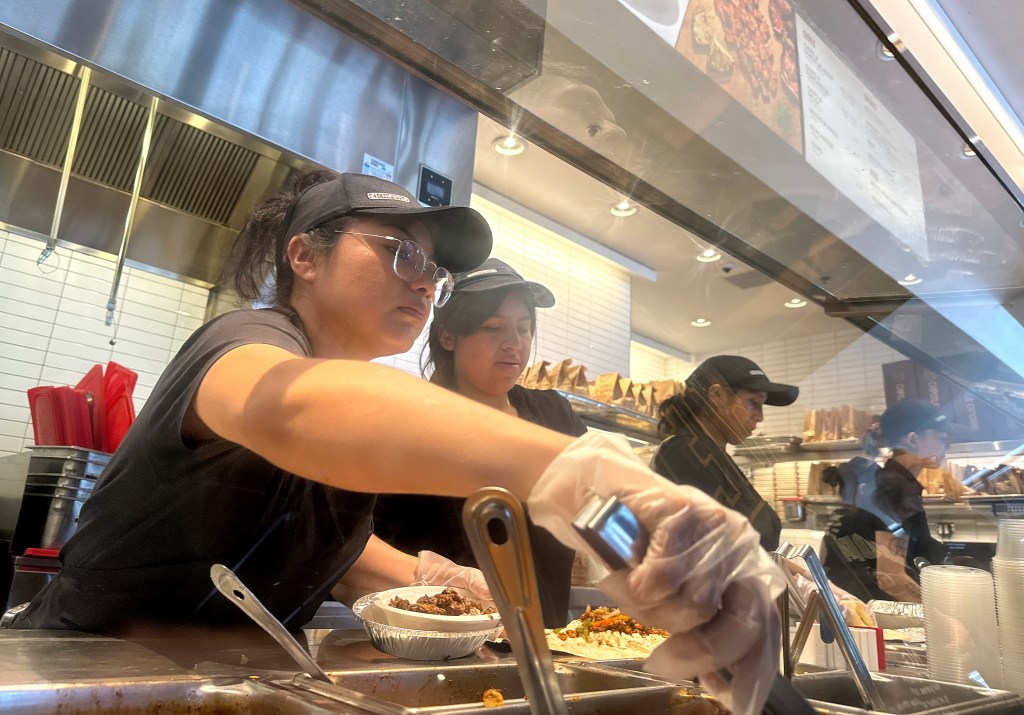Why some California businesses are exempt from fast food minimum wage hike
Contact The Author
The newly enacted $20-an-hour minimum wage hike for fast food workers that went into effect in California on Monday won’t apply to chains that have locations in airports, hotels, event centers, theme parks, museums and grocery stores.
Last fall, California Gov. Gavin Newsom signed into law Assembly Bill 610, which raised the minimum wage for workers employed by fast food chains from $16 an hour to $20 an hour.
Companies including McDonald’s and Chipotle warned that the increased labor costs would be passed on to the consumer by hiking menu prices.
Scott Rodrick, a franchisee who operates 18 McDonald’s locations in and around the San Francisco Bay Area, said he had to hike menu prices though he would refuse to charge $20 for a Happy Meal.
According to the legislation, chains that operate a location in what the law calls a “grocery establishment” — which is a retail space that measures more than 15,000 square feet and which sells “primarily household foodstuffs for offsite consumption — will be exempt from the law.
The law stipulates that the “grocery establishment” must also earn 50% of its gross income from selling household foodstuffs for offsite consumption and employ the workers who man the fast food restaurant.
Fast food chains that fail to meet these requirements will have to pay the $20-an-hour minimum wage to their employees.
One of the most controversial carve-outs to the minimum wage law involves the sale of bread.
The law exempts restaurants that sell bread as a “stand-alone menu item” — so long as the bread was made inside the restaurant and its weight is at least half a pound after it cools.
But restaurants that sell bread that weighs more than half a pound but uses pre-made dough or dough that was made somewhere other than the restaurant do not qualify for the exemption.
Chains that sell muffins, croissants, scones, rolls or buns as standalone items must meet the new minimum wage requirement.
In February, Bloomberg News reported that Panera Bread would benefit from the exemption to the minimum wage law thanks to lobbying efforts by Greg Flynn, the billionaire franchisee who enjoyed longstanding business and political ties to Newsom.
The story prompted a backlash — which compelled Newsom’s office to clarify that Panera Bread didn’t qualify for the exemption because the chain does not produce its dough in-house.
The language related to the in-house dough production was included in the bill before Bloomberg News reported its story.
Flynn released a statement indicating that his Panera Bread stores would adhere to the new minimum wage requirements.
The law was written in a way so as to deny fast food chains a workaround by beginning to produce bread in-house.
The bread exemption was available only to restaurants who had been making and selling bread as a standalone item as of Sept. 15 of last year.











